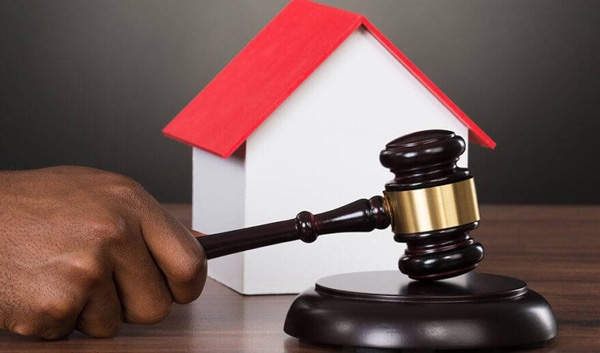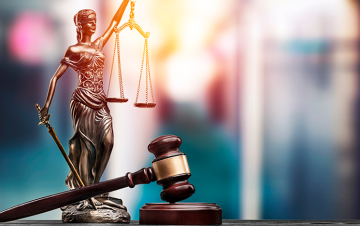lawyer, 23 years of experience in enforcement.
One of the measures of enforcement of judgments in accordance with Article 10 of the Law of Ukraine "On Enforcement Proceedings" (hereinafter - the Law) is the enforcement of the debtor's property, including if it is owned by other persons or belongs to the debtor from other persons, or the debtor owns it jointly with other persons. This measure includes seizure, seizure and forced sale of property. At the same time, it is important to take into account the amount of the recovery, which is determined in the amount necessary for the execution of the executive document, taking into account the recovery of the enforcement fee, costs of the enforcement proceedings, fines imposed on the debtor during the enforcement proceedings, the main remuneration of the private executor.
In the event that the amount to be recovered under enforcement proceedings does not exceed 20 times the minimum wage (as of 01.01.2024 – UAH 142,000), recovery of the debtor's single dwelling and the land plot on which such dwelling is located shall not be carried out. In this case, the executor is obliged to take measures to implement the decision at the expense of other property of the debtor.
The Annex to the Law specifies what property owned by the debtor-natural person by right of ownership or is his share in joint ownership, is necessary for the debtor, his family members and dependents (except for property and things belonging to objects of art, collectibles and antiques, precious metals and precious, semi-precious stones, precious stones of organic formation in raw, unprocessed and processed form (products) cannot be charged. Among them are:
1. Items of daily household personal use to meet daily physiological and hygienic needs (dishes, bed linen, hygiene products), personal items (clothes, shoes, all children's items).
2. Medicines, glasses and other medical products needed by the debtor, members of his family and dependents for medical reasons.
3. Furniture - one bed and chair per person, one table, one wardrobe per family.
4. One refrigerator per family.
5. One TV, personal computer per family, one mobile phone - per person.
6. A supply of drinking water, food products needed for personal consumption - at the rate of three months or the money needed for their purchase - at the rate of three times the amount of the minimum wage effective on the day of collection, for each person.
7. Property necessary for the conduct of religious cults and ritual rites by the debtor, professional occupations, if it is the only source of income, tools for personal artisanal and craft work, books.
8. Fuel needed for daily cooking and heating (during the heating season) of the living space.
9. Breeding, dairy and working cattle (one unit each), rabbits (two pairs), poultry (five pieces), fodder, necessary for their maintenance before turning out, used for purposes not related to the conduct of business activities pastures
10. The seeds needed for the next sowing and the unharvested harvest - to persons engaged in individual agriculture (except for land plots on which levies have been levied).
11. Agricultural inventory - for persons engaged in individual agriculture.
12. Assistive means of rehabilitation that provide compensation or elimination of persistent restrictions on the life of people with disabilities and other categories of persons, a car, which, in accordance with the law, is provided to a person with a disability for medical reasons free of charge or on preferential terms.
13. Prizes, state awards, honorary and commemorative signs awarded to the debtor.
In the event that the executor violated the specified norms, it would be better to contact a lawyer for the purpose of conducting an analysis for the protection of dignity and further representation and filing a lawsuit to the court for the lifting of arrest.
































